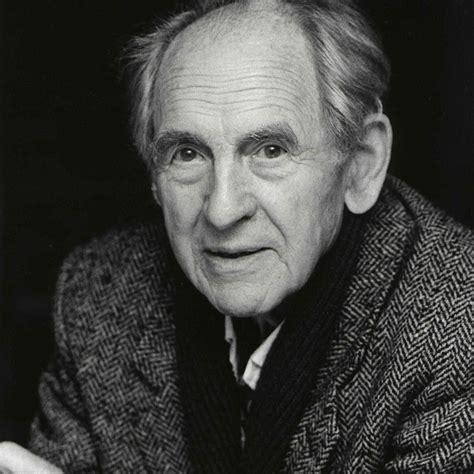A Quote by Ludwig von Mises
History makes one wise, but not competent to solve concrete problems.
Related Quotes
And I've come to the place where I believe that there's no way to solve these problems, these issues - there's nothing that we can do that will solve the problems that we have and keep the peace, unless we solve it through God, unless we solve it in being our highest self. And that's a pretty tall order.
Solving the population problem is not going to solve the problems of racism, of sexism, of religious intolerance, of war, of gross economic inequality. But if you don't solve the population problem, you're not going to solve any of those problems. Whatever problem you're interested in, you're not going to solve it unless you also solve the population problem. Whatever your cause, it's a lost cause without population control.
There aren't enough professionals to solve the world's problems. There will never be enough doctors to solve the health problems of the world. There will never be enough teachers to solve the education problems of the world - illiteracy. There will never be enough missionaries to care and comfort and share the Good News. It has to be done by normal, ordinary people.





































